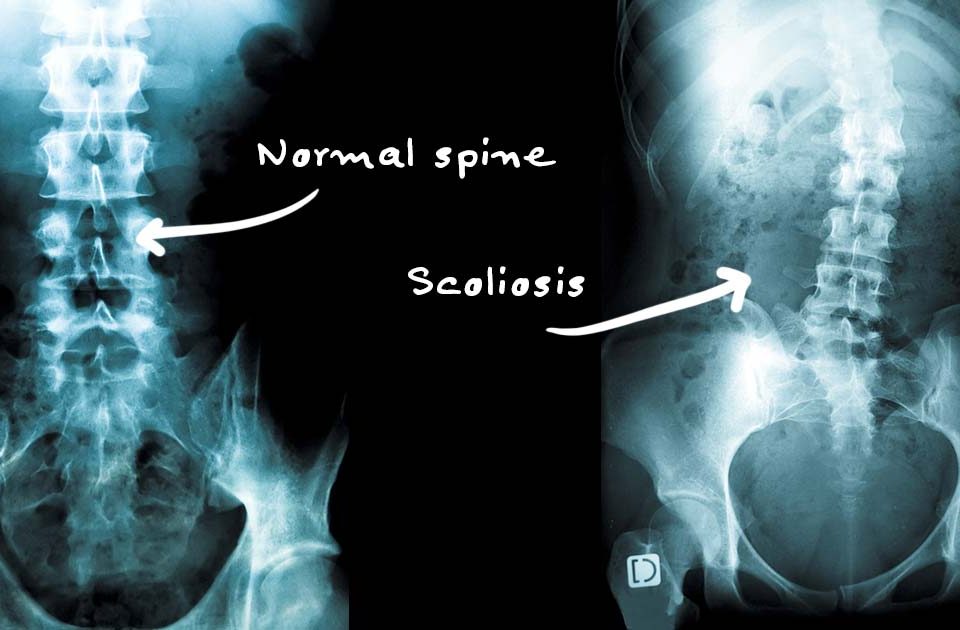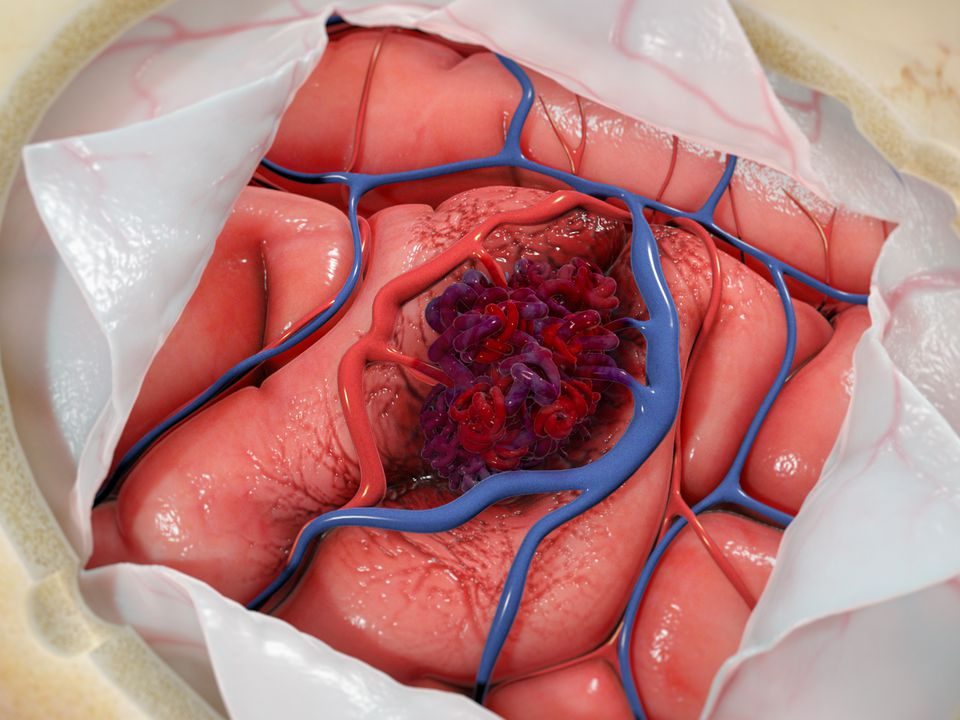1- 1 What is Cushing’s syndrome?
Cushing’s syndrome occurs due to abnormally high levels of the hormone cortisol. This can happen for a variety of reasons. The most common cause is overuse of corticosteroid medications.
Your doctor may recommend several different diagnostic tests and treatments. In most cases, medication can help you manage your cortisol levels.
1- 2 What are the causes of Cushing’s syndrome?
Your adrenal glands produce cortisol. It helps with a number of your body’s functions, including:
• regulating blood pressure and the cardiovascular system
• reducing the immune system’s inflammatory response
• converting carbohydrates, fats, and proteins into energy
• balancing the effects of insulin
• responding to stress
Your body may produce high levels of cortisol for a variety of reasons, including:
• high stress levels, including stress related to an acute illness, surgery, injury, or pregnancy, especially in the final trimester
• athletic training
• malnutrition
• alcoholism
• depression, panic disorders, or high levels of emotional stress
The most common cause of Cushing’s syndrome is the use of corticosteroid medications, such as prednisone, in high doses for a long period. Doctors can prescribe these medications to prevent rejection of a transplanted organ. They also use them to treat inflammatory diseases, such as lupus and arthritis. High doses of injectable steroids for treatment of back pain can also cause this syndrome.
Lower dose steroids in the form of inhalants, such as those used for asthma, or creams, such as those prescribed for eczema, usually aren’t enough to cause Cushing’s syndrome.
Other causes include:
• a pituitary gland tumor in which the pituitary gland releases too much adrenocorticotropic hormone, which is also known as Cushing’s disease
• ectopic ACTH syndrome, which causes tumors that usually occur in the lung, pancreas, thyroid, or thymus gland
• an adrenal gland abnormality or tumor
Familial Cushing’s syndrome is another possible cause. Cushing’s syndrome isn’t typically inherited, but it’s possible to have an inherited tendency to develop tumors of the endocrine glands.
What are the symptoms of Cushing’s syndrome?
The most common symptoms of this condition are:
• weight gain
• obesity
• fatty deposits, especially in the midsection, the face (causing a round, moon-shaped face) and between the shoulders and the upper back (causing a buffalo hump)
• purple stretch marks on the breasts, arms, abdomen, and thighs
• thinning skin that bruises easily
• skin injuries that are slow to heal
• acne
• fatigue
• muscle weakness
• glucose intolerance
• increased thirst
• increased urination
• bone loss
• high blood pressure
• a headache
• cognitive dysfunction
• anxiety
• irritability
• depression
• an increased incidence of infections
Women may also notice extra facial and body hair, as well as absent or irregular menstruation.
Men may also have:
• erectile dysfunction
• a loss of sexual interest
• decreased fertility
Children with this condition are generally obese and have a slower rate of growth.
If you don’t get treatment for it, Cushing’s syndrome can lead to:
• bone loss
• bone fractures
• muscle loss and weakness
• high blood pressure
• type 2 diabetes
• infections
• enlargement of a pituitary tumor
• kidney stones
Cushing’s syndrome due to pituitary tumors can interfere with the production of other hormones.
Reference:
http://www.healthline.com/health/cushing-syndrome#complications6



